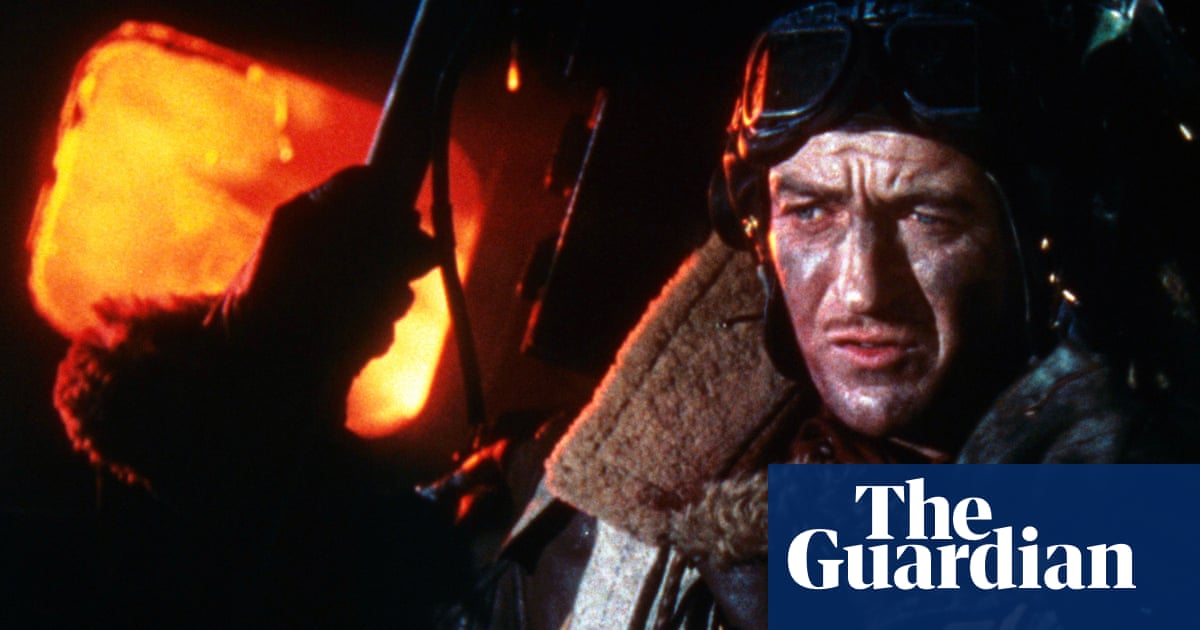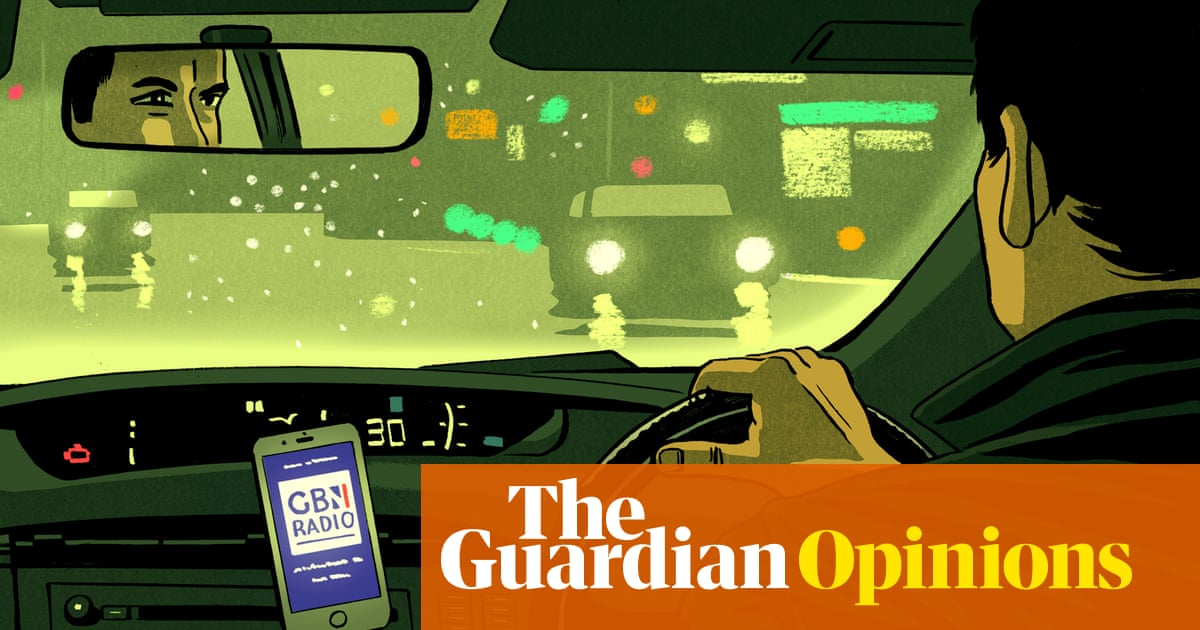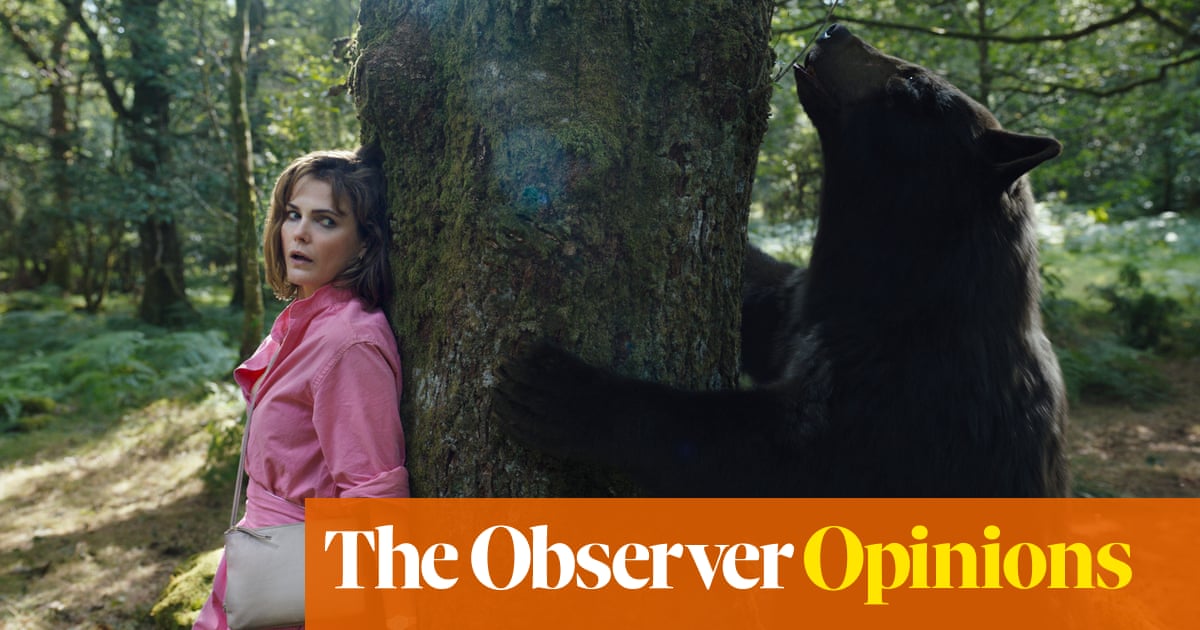
ith the weekend’s arrival of a young minke whale stuck in the River Thames – not far from where a seal pup was recently savaged by a dog – it seems marine mammals are appearing everywhere they shouldn’t be.
Since the beginning of April, an exotic visitor has been spotted off the coast of southern Europe. A lone grey whale, measuring eight metres long – and 7,000 miles from its fellow Pacific grey whales on the other side of the world – was seen off Rabat, Morocco, at the start of March. It wandered through the strait of Gibraltar – and into an enormous trap, the Mediterranean. Since then its progress has been charted from the north African coast to southern Italy and the south of France, from Naples to the Côte d’Azur. Unable to find its usual source of food, it is growing thinner and weaker in its search for a way out.
This is to anthropomorphise, of course. But the pitiful wanderings of a lost whale in the Mediterranean or a young whale at a watery dead end in London seem like a sign of our times. The fate of the London minke, despite its rescue on Monday morning, seems uncertain: experts are doubtful it will make its way back to the sea. Another minke was found dead in the Thames in November 2019. Such animals are often weakened, stressed and disoriented, and prey to collision with marine traffic in a busy waterway.
Meanwhile, the grey whale is almost as far from home as it can get. A resident of the Pacific, turning up in this inland sea. Its presence is ironic, given that grey whales – once common off European shores until medieval times – were among the first large animals to be driven to extinction in the sea. The memory of their time here is now only present in reliquary bones preserved in museums, such as the Royal Cornwall museum in Truro.
Meanwhile, off the Irish and Welsh coast these past few weeks, an equally anomalous walrus has appeared, another displaced marine mammal refugee. Last week it was even evicted from the lifeboat ramp at Tenby. Necessary for operational reasons, of course. But it seemed another emblem of the way even huge animals can occupy only the periphery of our collective anthropocentric consciousness. There’s a deeper echo, too, of the plight of our own displaced fellow mammals, forced to wander the Mediterranean, rejected by its shores.
And of course, this is a barometer of the greater health of our planet and our historic impact upon it. The freeing up of the Northwest Passage (the polar route so desperately fought and sought by humans, as dramatised in the TV series The Terror) and the melting of Arctic ice has deluded whales and walruses into delusory new foraging and resting grounds. Species still suffering the legacy of whaling are hit anew.
At least two other grey whales have been seen in recent years in the Mediterranean, proposing an awful prospect: of a marine mammal equivalent of the terrible shifts in human populations as the climate crisis bites. And yet, in their almost miraculous appearances that have ever affected our culture – in 1521, the Renaissance artist Albrecht Dürer recorded, with astonishment, a walrus in the sea off the Netherlands – other species also seem to offer some prospect of change.
All these animals have been prey to human hunters. Minke whales are still killed for meat in the North Atlantic – in March this year, the Norwegian government announced a quota of 1,278 minkes in its annual hunting season – while the modern grey whale population from which the Mediterranean wanderer came was decimated by ferocious whaling in the 19th and 20th centuries. The grey whales were even called devil fish, because they fought back so fiercely. They did so due to the cynical hunting tactic of killing calves so that the adults huddled around, trying to protect their young.
And yet now, as whale-watching burgeons in those same, ironically named, Pacific waters, the greys approach boats so closely that they allow themselves to be petted by human hands. It is a paradox. In one body of water, desperate attempts at rescue are made. In another, the same species are slaughtered.
But our heartfelt concern for the plight of marine mammals – in the Med, the Pacific, or the River Thames – speaks well of our humanity. And as we reach out, in these sometimes pitiful, sometimes joyous encounters, it seems we might yet find a new degree of hope for ourselves, too.
Philip Hoare is an author whose books include Leviathan, or The Whale












